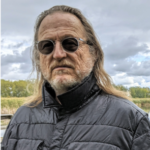
Jeff Higginbotham, PhD
cdsjeff@buffalo.eduJeff is a professor at the Department of Communicative Disorders and Sciences, University at Buffalo. His research focuses on how individuals with impaired movement, including those with cerebral palsy and motor neuron disease, engage in interactions with others, using their bodies and augmentative communication technology. Much of his research examines the distortions in interaction time related to the augmented speaker’s slowly composed productions and the consequent adaptations made by the interactants to accommodate the increased demands on attention, vigilance, memory, etc. He is currently a co-PI on a federally funded project studying composition delay and repair in AAC.
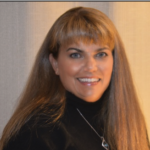
Karen Erickson, PhD
erickson@unc.eduKaren is the Director of the Center for Literacy and Disability Studies, a Professor in the Division of Speech and Hearing Sciences, and the Yoder Distinguished Professor in the Department of Allied Health Sciences, School of Medicine at the University of North Carolina at Chapel Hill. Her research addresses literacy and communication assessment and instruction for individuals of all ages and abilities, with a focus on individuals with significant support needs. Karen is co-developer of the Tar Heel Reader online library of accessible books for beginning readers, as well as several other assistive and learning technologies. She is a former teacher of children with significant disabilities. Erickson is currently the PI on multiple federally funded research and development projects.
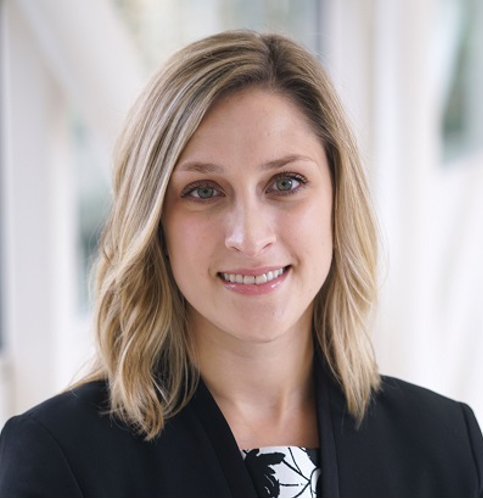
Jenna Bizovi, MBA, BSIE
jbizovi@buffalo.eduJenna is the Assistant Director at the Communication and Assistive Device Laboratory (CADL) at the University at Buffalo. Bizovi is an expert in human factors engineering and human-technology-interaction. She has significant experience in directing teams of individuals with diverse backgrounds in research and technology development. In addition to her research work on the project, Bizovi is also responsible for directing student researchers and engineers on collaborative R&D projects.
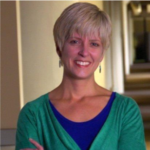
Lori Geist, PhD, CCC-SLP
lageist@unc.eduLori is an assistant professor at the Center for Literacy and Disability Studies in the Department of Allied Health Sciences at the University of North Carolina at Chapel Hill. Prior to joining the research faculty at UNC, she worked in direct service, consultation, and product development, with her efforts concentrated on intervention approaches that target communication, language, and literacy outcomes for individuals with complex communication needs. Her research interests center on leveraging technology in the delivery of effective intervention. She is currently a co-PI on multiple federally funded research and development projects.
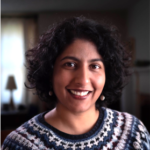
Antara Satchidanand PhD, CCC-SLP
satchida@buffalo.eduAntara Satchidanand is a postdoctoral fellow at the Communication and Assistive Device Laboratory at the State University of New York at Buffalo. She holds licenses in middle school English education and speech-language pathology. Her primary research interest is in understanding, describing, and measuring how the use of high-tech devices impacts human interaction. Her approach draws heavily on the methods of ethnomethodological conversation analysis. Currently, Antara’s research examines miscommunication in conversations involving individuals who use speech generating devices to replace or augment oral speech and uses the results of this inquiry as a foundation for developing evidence-based design solutions with direct relevance to improving users’ ability to participate in conversational interaction. Antara’s past research experience includes referencing and miscommunication in robot assisted surgery.
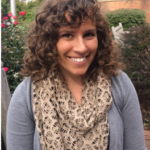
Sofia Benson-Goldberg, PhD, CCC-SLP
sofia_bensongoldberg@med.unc.eduSofia Benson-Goldberg is a certified speech-language pathologist who has worked with children and adolescents who use AAC for 7 years. She recently completed her PhD while working as a research assistant at the Center for Literacy and Disability Studies. She is a post-doctoral fellow on Project Open.
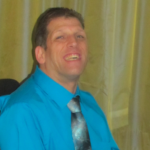
Todd Hutchinson
th1545css@gmail.comTodd Hutchinson is a life-long user of a variety of communication technologies and is an expert user of MinSpeak. He has worked as a teacher and technical and research consultant at the University at Buffalo, SUNY – Fredonia, Nazareth, and SUNY Buffalo State. Mr. Hutchinson has worked with the Communication and Assistive Device Laboratory at the University at Buffalo for the last 25 years, serving primarily as a research associate on a variety of research grants. In 2018 he gave the Edwin and Esther Prentke AAC Distinguished Lecture at the annual conference of the American Speech-Language and Hearing Association, recognizing his accomplishments as an augmented speaker. Mr. Hutchinson’s other interests include representations of the disabled in writing and on social media.
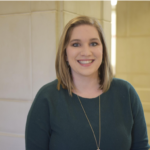
Danielle Nader, MS, CCC-SLP
dtnader@live.unc.eduDanielle is a current doctoral student at the University of North Carolina at Chapel Hill. Her research interests include interventions for children who use Augmentative and Alternative Communication (AAC) systems to communicate, and equipping SLPs to provide effective and high quality services for this population. Prior to returning back to school to pursue a PhD, she worked for 4 years as an SLP providing services to young children who use AAC and their families.
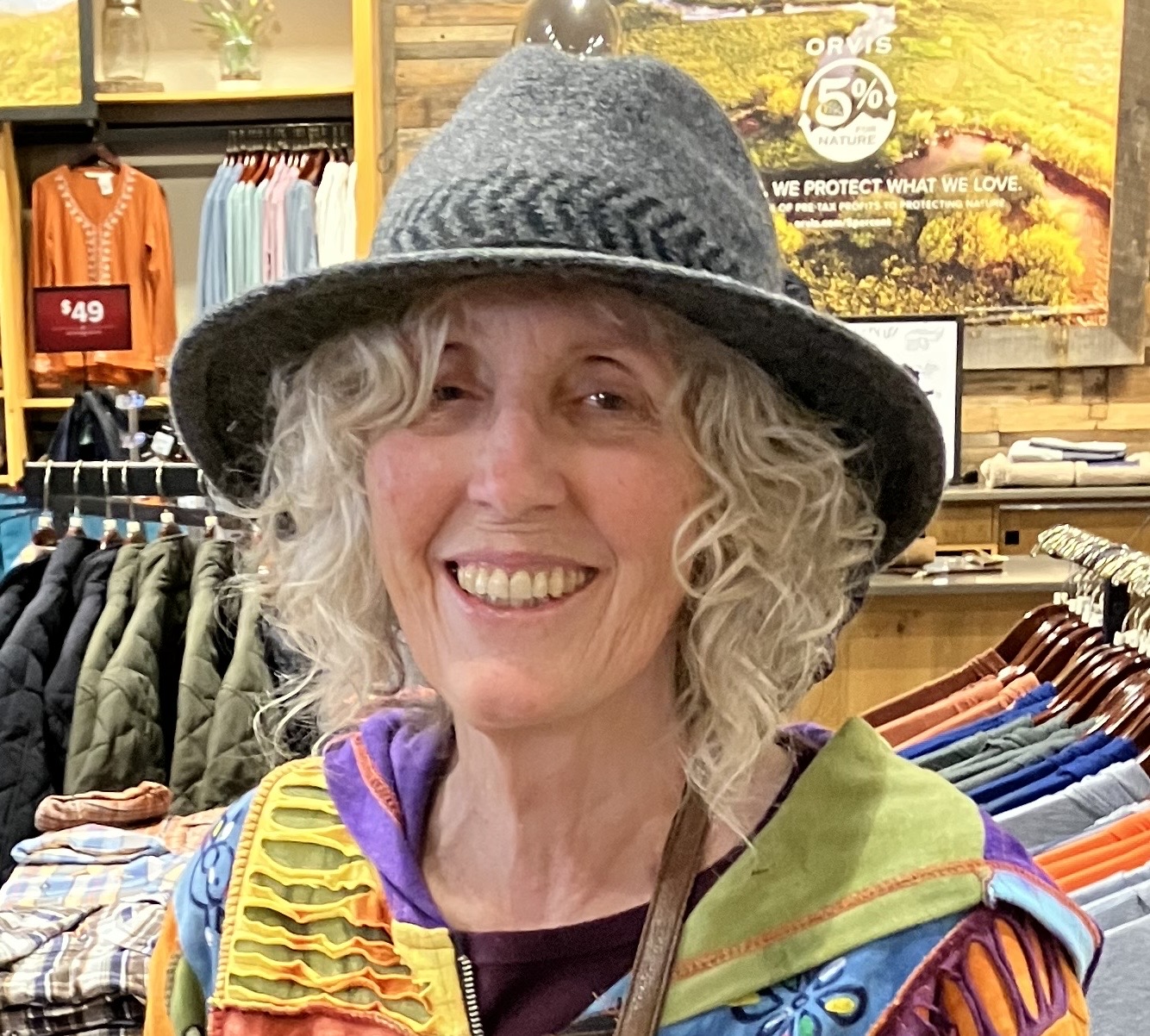
Pamela Mathy, PhD
pmathy@buffalo.eduPamela Mathy, PhD, CCC-SLP is a Research Associate in the Communication and Assistive Device Laboratory CADL in the Department of Communication Disorders and Sciences at the University of Buffalo and a Clinical Professor Emeritus in the Department of Communication Sciences and Disorders at the University of Utah. During her 45-year career, her clinical work, research, and teaching has focused on individuals with complex communication needs who may benefit from Augmentative and Alternative Communication (AAC) including people with a wide range of diagnoses such as amyotrophic lateral sclerosis and other acquired neurogenic disorders and developmental disorders such as cerebral palsy and autism spectrum disorders. Her research and clinical work in AAC have focused on intervention and research to understand how people with complex communication needs use AAC technologies and how these technologies help or hinder their ability to engage fully in social interactions in their daily lives.
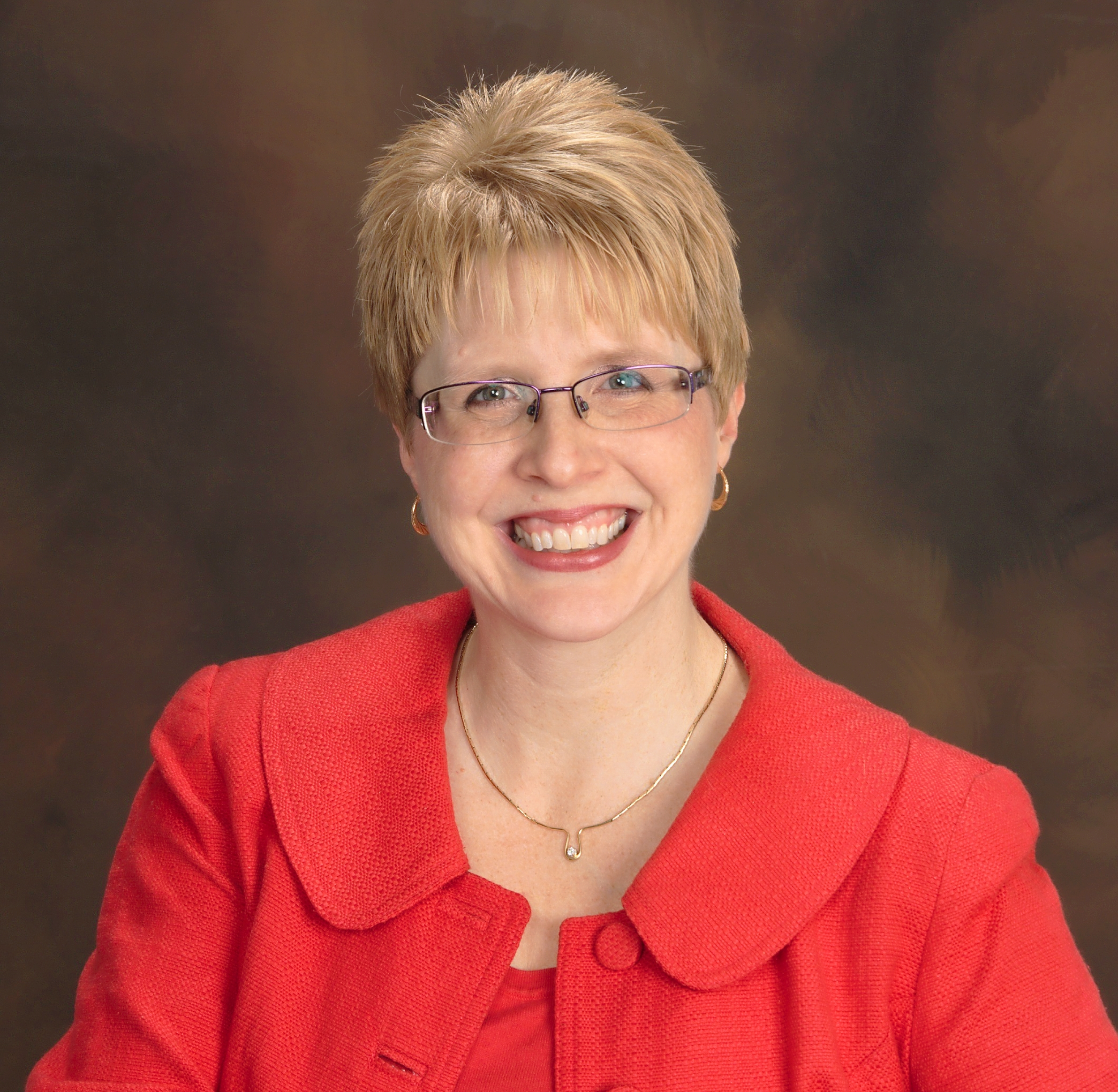
Nancy Quick, PhD, CCC-SLP
nancy_quick@med.unc.eduNancy is an assistant professor at the Center for Literacy and Disability Studies in the Department of Allied Health Sciences at the University of North Carolina at Chapel Hill. As a former center-based and school-based speech-language pathologist, she served individuals who are deaf and hard of hearing with their families. Nancy’s research interests focus on addressing hearing loss among children with significant support needs, as well the communication, language, and literacy needs of children with hearing loss and other disabilities.
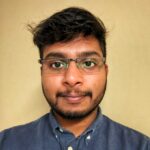
Manohar Golleru, MS
manoharg@buffalo.eduManohar Golleru is a PhD candidate in Industrial Engineering (Human Factors & Ergonomics) at the University at Buffalo, with a strong focus on human-centered design, AI-driven assistive technologies, advanced human-machine and human-robot interaction (HMI/HRI), and virtual reality (VR). He actively works in ergonomics research and has led projects in robotics, computer vision, and machine learning. His work integrates large language models, real-time communication systems, and usability research to enhance augmentative and alternative communication (AAC) devices for individuals with speech disabilities.
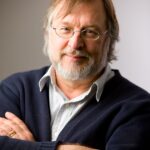
Michael Buckley
mikeb@buffalo.eduI have taught courses in software and electrical engineering since 1983 at three universities, currently at the University at Buffalo. I have been an industry consultant for 25 years, and share ownership of a 50-person company in Buffalo, NY that develops embedded systems and industrial control software. I am the father of two boys who are (literally, not figuratively) rock stars. My daughter was disabled, and she sparked my interest in using computers for augmentative communications and therapies. My wife is a pediatric hospice nurse, and has taught me to use technology to care for children beyond help. Our good work has appeared in magazines, on radio & TV, but the greatest opportunities that I have found are in promoting the use of socially relevant projects in schools, where I know that creative energy will carry it forward. At the University of Buffalo, our students are required to use technology, their energy , and real and artificial intelligence to improve the quality of life of the disabled and disadvantaged, and there is no shortage of stories to tell, both promotional and cautionary.
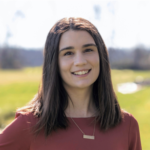
Jordynn Koroschetz
jordynnk@buffalo.eduJordynn earned a bachelor’s degree in psychology with a concentration in applied behavior analysis and a minor in health and wellness studies from Binghamton University. She worked for several years in a behavioral medicine research lab before pursing her master’s degree in communicative sciences and disorders at the University at Buffalo. After graduating with her master’s degree, she completed her clinical fellowship year at the University of Wisconsin-Madison University Hospital with a specialty in adult dysphagia. She is currently working as a research assistant at the Communicative and Assistive Device Laboratory in addition to working clinically as a medical speech-language pathologist.
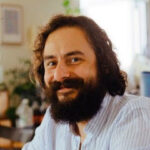
Francesco Possemato, PhD
f.possemato@rug.nlFrancesco is an Assistant Professor in Language and Social Interaction at the University of Groningen / Center for Language and Cognition Groningen. By using the methods of Multimodal Conversation Analysis and Interactional Linguistics, his research addresses language and social interaction in a variety of contexts. Francesco has worked on the Conversational Interaction in Aboriginal and Remote Australia (CIARA) project (Macquarie University-University of Melbourne-University of Queensland), and as a Postdoctoral Associate in the Communication and Assistive Device Laboratory (CADL) – Department of Communicative Disorders and Science (State University of New York (SUNY) at Buffalo). Francesco has published on ‘atypical’ interaction, language and cognition in interaction, pragmatic typology, and Italian L2 teaching and classroom interaction. He is an Honorary Assistant Professor at the University at Buffalo.
